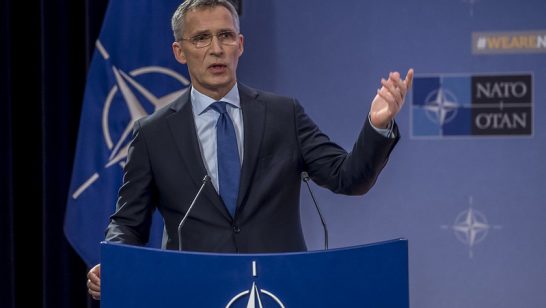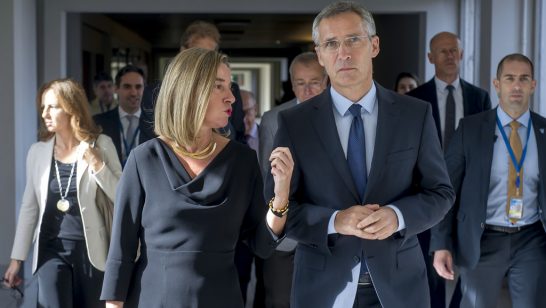
COVID-19 is the biggest global threat in existence, infecting large swathes of the global population, killing hundreds of thousands, and forcing billions into lockdown. The transatlantic community should have been able to deal efficiently with a pandemic, at least theoretically – not just as a matter of scenario planning, in which such an eventuality regularly appeared, but also as a matter of capabilities.
In this policy brief, ELN Senior Associate Fellow Ilana Bet-El argues that the current silos of security and defence are no longer fit for purpose in a borderless interdependent world, and must be refocused upon a joint understanding of risks and the prevention of threats to the benefit of people as well as states.
Looking ahead to a post-COVID world, this briefing calls for greater convergence between the silos of security and defence, and proper resourcing of both, for a more efficient and effective way to deal with security and defence.
In particular, the briefing recommends:
- Whilst security is still in essence devoted to people and defence to states and territory, and civilian and military establishments have intelligence operations respectively focused upon each, the first step would be creating a mechanism for pooling relevant material from the disparate domains in a joint risk assessment operation.
- At European and transatlantic level, the greater convergence of security and defence would mean creating a properly resourced joint operation between NATO and the EU.
Download the policy brief here
The opinions articulated above represent the views of the author, and do not necessarily reflect the position of the European Leadership Network (ELN) or any of the ELN’s members. The ELN’s aim is to encourage debates that will help develop Europe’s capacity to address pressing foreign, defence, and security challenges.
Image: Spanish troops deployed in response to COVID-19. Flickr, NATO



